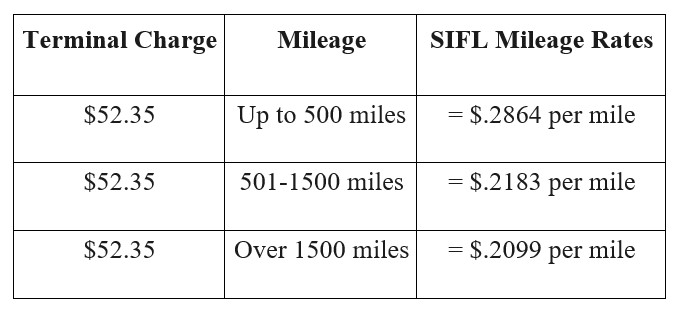Check out our summary of significant Internal Revenue Service (IRS) guidance and relevant tax matters for the week of April 17, 2023 – April 21, 2023.
April 17, 2023: The IRS released Internal Revenue Bulletin 2023-16, which highlights the following:
- Announcement 2023-10: This announcement was issued pursuant to the Ticket to Work and Work Incentives Improvement Act of 1999, which requires the US Secretary of the Treasury to annually report advance pricing agreements and the Advance Pricing and Mutual Agreement Program (APMA Program). This year’s report describes the experience, structure and activities of the APMA Program during 2022.
- REG-105954-22: This notice provides guidance related to Sections 4661, 4662, 4671 and 4672, collectively referred to as the Superfund chemical taxes. Section 4661(a) imposes an excise tax on the sale or use of “taxable chemicals” by manufacturers, producers or importers. Section 4671(a) imposes an excise tax on the sale or use of “taxable substances” by importers. The Superfund chemical taxes previously expired on December 31, 1995, but were reinstated with certain modifications, effective July 1, 2022, by Section 80201 of the Infrastructure Investment and Jobs Act.
- Notice 2023-31: This notice announces that when proposed regulations under Section 903 (REG-112096-22) are finalized, the US Department of the Treasury and the IRS intend to extend the transition period for the single-country exception’s documentation requirement from May 17, 2023, to 180 days after the final regulations are filed. The single-country exception provides relief from the source-based attribution requirement under Section 903 for foreign withholding taxes on royalties paid for the use of intellectual property within the withholding jurisdiction.
- REG-120080-22: This document contains proposed regulations regarding the clean vehicles credit under Section 30D. These proposed regulations will affect persons seeking to claim the credit and qualified manufacturers of clean vehicles. The IRS also issued a reminder that the proposed regulations went into effect on April 18.
- Revenue Ruling 2023-2: This revenue ruling confirms that the basis adjustment under Section 1014 generally does not apply to the assets of an irrevocable grantor trust not included in the deceased grantor’s gross estate for federal estate tax purposes.
April 17, 2023: The IRS released Revenue Ruling 2023-9, which provides the applicable federal rates for federal income tax purposes for May 2023. The short-term federal interest rate is 4.30%, the mid-term rate will drop to 3.57% and the long-term rate will fall to 3.72%.
April 17, 2023: The IRS reminded taxpayers who need additional time to file their taxes that they can get an extension via IRS Free File.
April 17, 2023: The IRS released Tax Tip 2023-51, providing information to taxpayers regarding how to file a final federal tax return for someone who has died.
April 17, 2023: The IRS reminded last-minute tax [...]
Continue Reading
read more

 Subscribe
Subscribe





